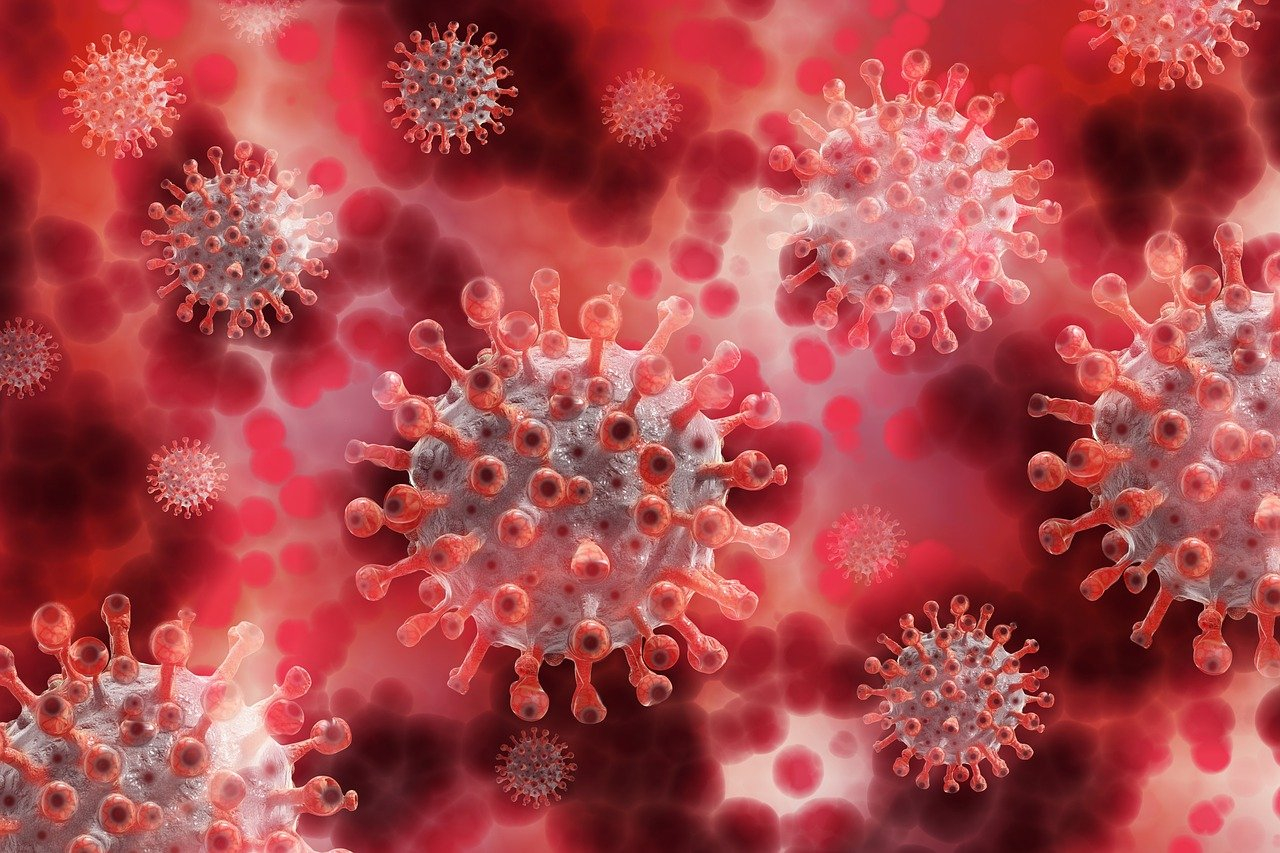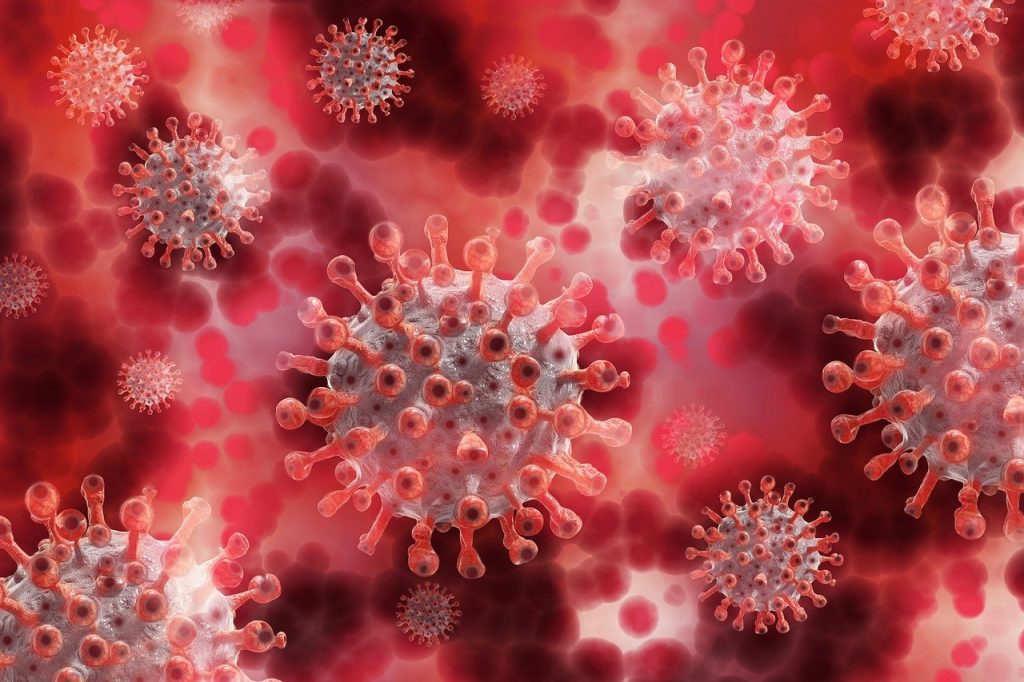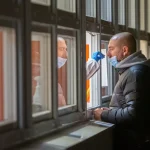
October 12, 2020 – The Croatian Headquarters announced new measures in Croatia, which are in effect as of today.
Index.hr reports that Minister of the Interior and Chief of the National Civil Protection Headquarters Davor Bozinovic announced that the obligation to wear masks indoors is being introduced and that there is a limit of 50 people at social gatherings.
“We are introducing the obligation to wear masks indoors, where people come into contact with each other, and where it is not possible to maintain a physical distance of at least two meters,” Bozinovic said at a press conference of the National Civil Protection Headquarters.
Citizens are obliged to use face masks or medical masks correctly all the time – over the mouth and nose, he added.
Employees of healthcare institutions must wear masks and anyone visiting patients, employees of social welfare institutions providing accommodation services, and passengers, drivers, and other employees in public transport.
Employees should also wear them in the commercial industry and customers during their stay in stores; employees in the catering industry who come into contact with guests or participate in serving or preparing food, drinks, and beverages, guests in catering facilities, except while sitting in their seats and consuming food or drink.
Bozinovic said that special recommendations had been made for all gatherings where more than 50 people are expected. They refer to professional artistic performances and programs, amateur cultural and artistic performances and programs, cinema screenings, sports competitions, gatherings during weddings, funerals, religious rites, exhibitions in museums, galleries, and other exhibition spaces.
The organizers of these gatherings are obliged to request the consent of the competent county Civil Protection Headquarters via e-mail no later than five days before the planned gathering. The headquarters should decide according to the current epidemiological situation within 48 hours.
Bozinovic mentioned that decisions on limiting social gatherings for the areas of certain local self-government units could also be requested by the county headquarters, considering that the epidemiological situation is not the same everywhere in Croatia.
He also said that the measures come into force on the day of their adoption, which is today.
“The number of newly infected is constantly increasing. I would not assess today’s number of 181 as realistic; we know that these are test results from Sunday, and then the least testing is carried out. We only get an objective picture from Wednesday to Sunday; then, all laboratories work to the maximum,” said Bozinovic.
“We cannot be satisfied with the epidemiological situation. The basic defense is keeping a distance, hand hygiene, and wearing masks,” he said.
“Since the measures were relaxed in May, the headquarters has mostly appealed to everyone to act responsibly, which means applying these basic instructions. A large part of the citizens have accepted it, we thank them, but some people, consciously or unconsciously, do not. Because of these others, the states, and thus Croatia, are forced to take measures,” he said.
“We have prescribed decisions for gatherings for which over 50 people are expected. These are special recommendations for cultural programs, cinema screenings, weddings, sports events…” said Bozinovic.
The organizer for these gatherings should ask permission from the headquarters, Bozinovic said. The Headquarters will respond within 48 hours.
“Those who are rejected cannot be held,” he said.
“We are introducing an obligation to wear masks indoors where people come into contact and where a distance of two meters cannot be kept,” the minister said.
“Masks must be worn by guests in catering establishments except while sitting in their seats,” he added.
Masks should also be worn by anyone attending indoor Mass.
“Face masks do not have to be used in cases of recommended exemptions. With these two decisions, we believe we can reduce proliferation. The other goal we are achieving is to avoid bans,” Bozinovic said.
“We call on everyone for more patience, rationality, solidarity,” said Bozinovic.
“These decisions come into force today.”
Capak took the floor.
“HZJZ has prepared a series of instructions, most of which relate to the operation of catering facilities. A new recommendation for masks is coming into force today,” Capak said.
“In all outdoor situations where it is impossible to keep a distance, it is recommended to wear a mask,” said Capak.
“For tomorrow, we are planning a set of measures related to the work of catering facilities,” he said.
“We estimate that it is good to wear masks in the open where it is not possible to ensure distance,” said Bozinovic.
Capak said a total of 404 people were hospitalized. There are 27 people on ventilators.
Markotic said that the intensive care unit on Zarazna was mostly full.
“It’s a dynamic process; patients are discharged and admitted during the day. Everything is under control,” she said.
Beros said that inaccurate information appeared in the media that there is a lack of doctors who know how to work with ventilators.
“That’s not true,” he said.
“We have over 800, and the fact is that one anesthesiologist supervises several ventilators, the number of specialists is sufficient,” he said.
“We are doing everything to be more prepared; we are procuring new ventilators,” Beros said.
“In the last month, 141 staff have been employed to help epidemiologists,” he said.
Capak commented on self-isolation.
“It is true that at the last session of the Board of Directors of the Croatian Epidemiological Society, several members proposed that the self-isolation be shortened to ten days because after the tenth day the risk of infection is significantly lower,” he said.
“We estimate that six to ten percent of people get sick in those four days, and it’s a big economic loss. Maybe that shortening would reduce hiding contacts. But at the then board meeting, it was decided that self-isolation would remain for 14 days,” Capak said.
“Now that has changed a bit. In the next session, which will take place soon, we will consider it. That decision has not been made yet; there is only a proposal from the Croatian Epidemiological Society,” he said.
Capak said he believes the decisions were made at the right time.
“We have a problem that the number of new cases is high. With these decisions, we count on stopping it,” he said.
“We’ll do everything we can to make sure the lockdown never happens again,” Capak said.
Bozinovic finally added that the next press conference could be tomorrow.
For the latest travel info, bookmark our main travel info article, which is updated daily.
Read the Croatian Travel Update in your language – now available in 24 languages.
Join the Total Croatia Travel INFO Viber community.












